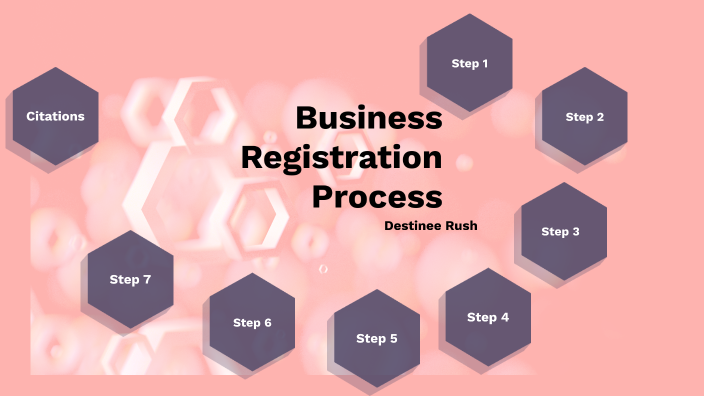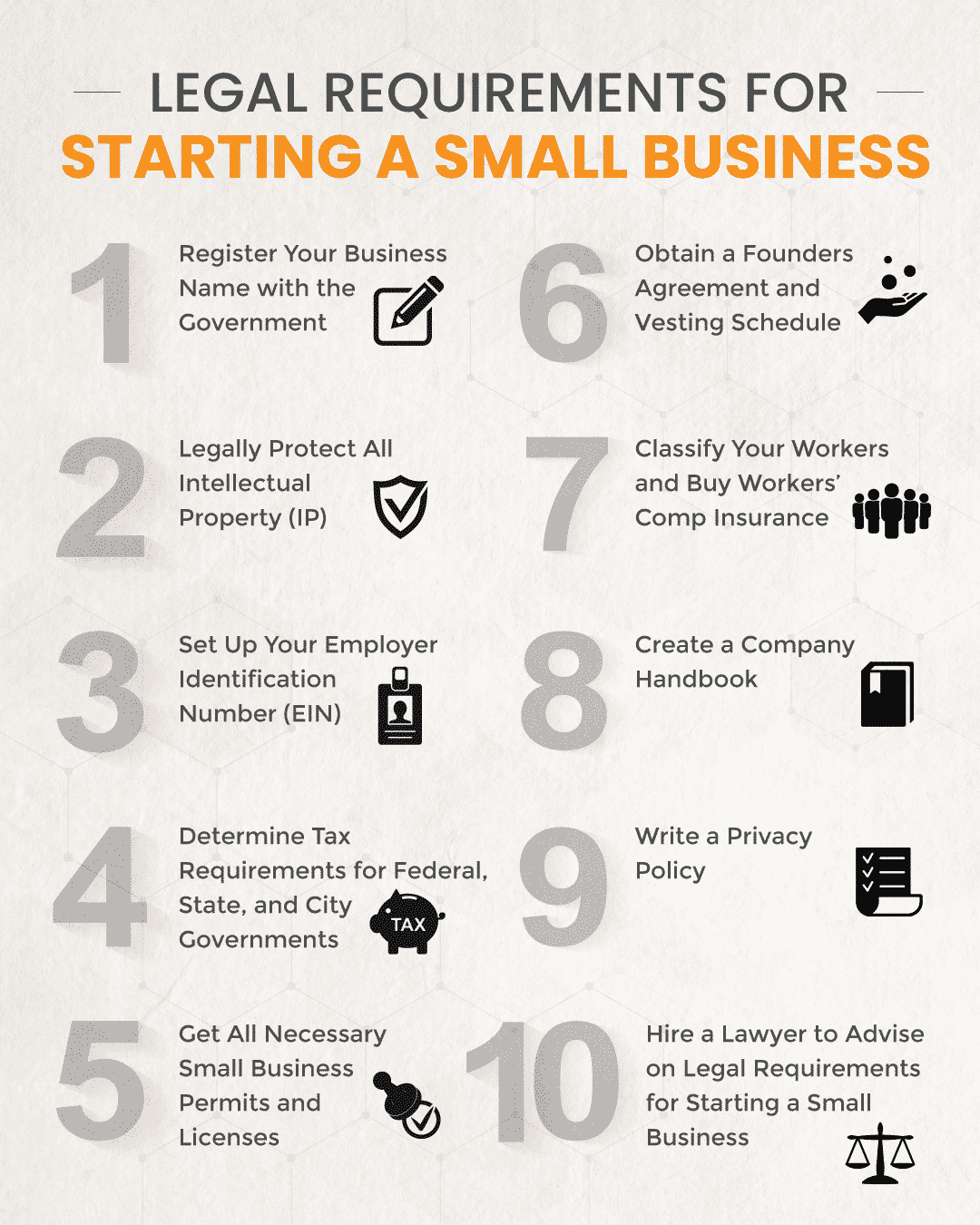
Embarking on the journey of starting your own small business is an exciting adventure. However, navigating the legal landscape can feel like a maze. Imagine you're setting sail on a new voyage—you need a map, a compass, and a clear understanding of the waters ahead. This comprehensive guide will walk you through the steps to register a small business legally, ensuring you're compliant and ready to set sail smoothly.
Understanding the Business Registration Process
Before diving into the specifics, it's crucial to understand the business registration process. This process involves several steps, each designed to ensure your business operates legally and ethically. Think of it as building a strong foundation for your business—without it, your venture could crumble under the weight of legal issues.
Steps to Register a Small Business Legally
Step 1: Choose Your Business Structure
The first step in registering your small business is choosing the right business structure. This decision will impact your tax obligations, liability, and operational requirements. Common business structures include:
- Sole Proprietorship: Simple and easy to set up, but offers no personal liability protection.
- Partnership: Shared ownership and responsibility, but also shared liability.
- Limited Liability Company (LLC): Offers personal liability protection and flexible tax options.
- Corporation: Provides personal liability protection and the ability to raise capital through stock sales.

Step 2: Register Your Business Name
Once you've chosen your business structure, it's time to register your business name. This step ensures that your business name is unique and not already in use by another entity. You can check the availability of your desired name through your state's Secretary of State website.
Step 3: Obtain an EIN
An Employer Identification Number (EIN) is a unique nine-digit number assigned by the IRS for tax purposes. Even if you don't plan to hire employees, having an EIN can help you separate your personal and business finances. You can apply for an EIN online through the IRS website.
Step 4: Register with Your State
Depending on your business structure, you may need to register with your state. For example, LLCs and corporations must file formation documents with the state. This step typically involves submitting articles of organization (for LLCs) or articles of incorporation (for corporations) to your state's Secretary of State office.
Step 5: Apply for Business Licenses and Permits
Most businesses require some form of license or permit to operate legally. The specific requirements vary by industry and location. Common licenses and permits include:
- General Business License: Required by many cities and counties.
- Sales Tax Permit: Necessary if you sell products or services subject to sales tax.
- Professional Licenses: Required for certain professions, such as healthcare providers or attorneys.

Step 6: Understand and Comply with Employment Laws
If you plan to hire employees, you'll need to comply with various employment laws. This includes obtaining workers' compensation insurance, setting up payroll, and understanding labor laws. The U.S. Department of Labor provides resources to help small businesses navigate these requirements.
Step 7: Open a Business Bank Account
Opening a separate business bank account is crucial for maintaining clear financial records and protecting your personal assets. Many banks offer business accounts with features tailored to small businesses, such as online banking and invoicing tools.
Step 8: Establish a Record-Keeping System
Maintaining accurate records is essential for tax purposes and ensuring compliance with legal requirements. This includes tracking income, expenses, and other financial transactions. Consider using accounting software to streamline this process.
Legal Requirements for Small Businesses
In addition to the registration process, small businesses must comply with various legal requirements. These include:
- Tax Obligations: Understanding and paying the appropriate federal, state, and local taxes.
- Insurance Requirements: Obtaining necessary insurance coverage, such as liability insurance and workers' compensation.
- Data Protection Laws: Ensuring compliance with data protection regulations, such as GDPR or CCPA.
Small Business Compliance: Tips and Best Practices
Maintaining compliance is an ongoing process. Here are some tips to help you stay on track:
- Stay Organized: Keep all your legal documents, licenses, and permits in one place.
- Regularly Review Requirements: Laws and regulations can change, so it's important to stay informed.
- Seek Professional Advice: Consult with a lawyer or accountant to ensure you're meeting all legal requirements.
Conclusion
Registering a small business legally is a multi-step process that requires careful planning and attention to detail. By following the steps outlined in this guide, you can ensure your business is compliant and ready to thrive. Remember, the journey to success starts with a solid foundation.
FAQs
Do I need a lawyer to register my small business?
- While it's not required, consulting with a lawyer can help ensure you're meeting all legal requirements and avoiding potential pitfalls.
How long does it take to register a small business?
- The timeframe varies depending on your business structure and location. It can take anywhere from a few days to several weeks.
What happens if I don't register my business?
- Operating an unregistered business can lead to legal issues, including fines, penalties, and potential lawsuits.
Can I change my business structure after registration?
- Yes, but it typically involves dissolving the existing business and forming a new one, which can be a complex process.
How do I know if my business name is available?
- You can check the availability of your desired business name through your state's Secretary of State website.
By taking the time to understand and follow the legal requirements for registering your small business, you're setting yourself up for long-term success. Happy sailing!
Posting Komentar